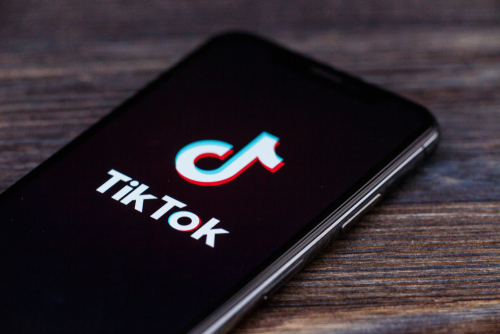
U.S. Sen. Marco Rubio (R-FL) introduced legislation to establish a set of data protection and censorship standards and restrictions for “high-risk foreign software,” like TikTok and WeChat, to legally operate in the United States.
The Adversarial Platform Prevention (APP) Act defines high-risk foreign software as any software owned by an entity organized under the laws of, headquartered in, or whose principal operations are in China, Russia, Venezuela, Cuba, or a country designated as a state sponsor of terrorism.
“High-risk foreign apps and software, like Chinese-owned TikTok and WeChat, pose a threat to personal privacy and U.S. national security,” Rubio said. “It is clear that we must establish a framework of standards that must be met before a high-risk, foreign-based app is allowed to operate on American telecommunications networks and devices. The APP Act does just that, and I hope my colleagues will join me in adopting a more expansive approach to protecting Americans’ user data and our security.”
The APP Act would require a warning label, annual public disclosures, localization requirements for U.S. data, and would remove Section 230 protections for covered high-risk foreign software. Specifically, the warning must provide information related to the software’s ownership, country of origin, associated data privacy risks, and whether the developer or owner of the software has ever provided consumer data to any law enforcement agency, intelligence agency, or other government entity of a covered country.
Further, the legislation establishes corporate and individual criminal offenses, requires a report to Congress, and creates the process for new and revoked designation as a covered country.




